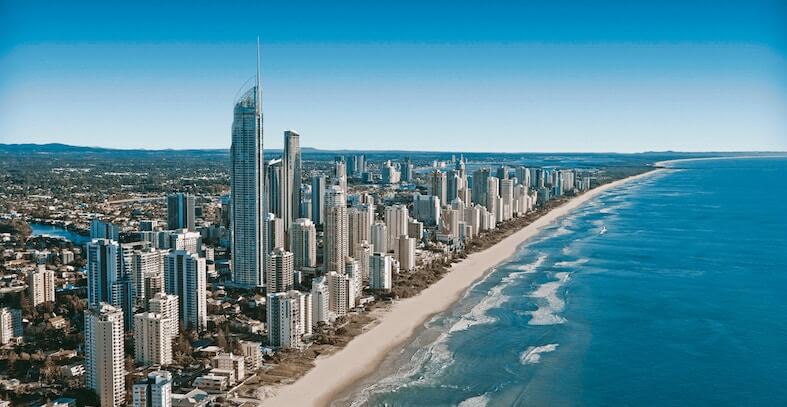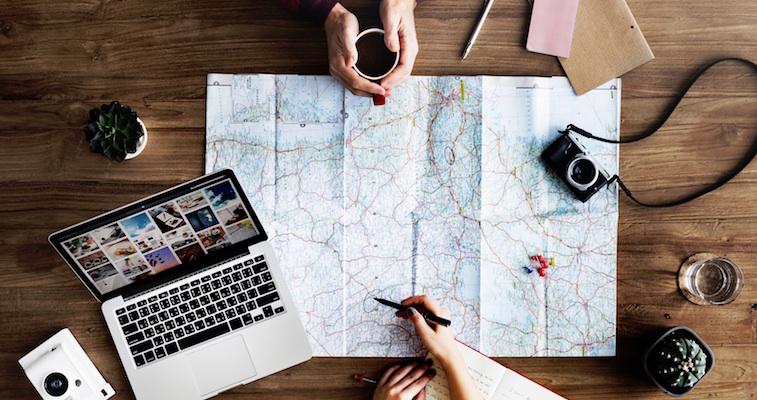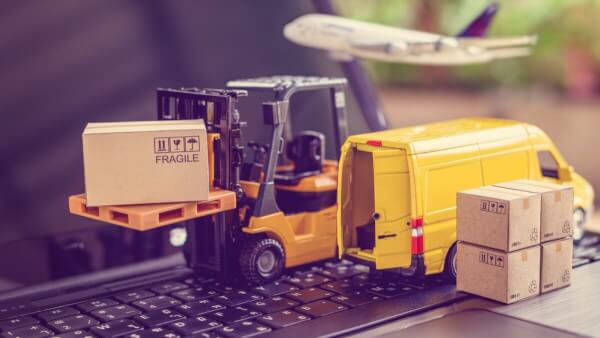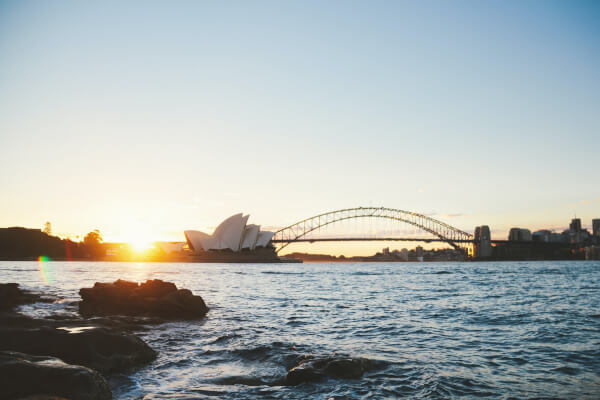International moving companies in Australia
Discover how international moving companies in Australia operate, from services offered to logistics, ensuring a smooth relocation to your new home abroad.

Moved to Australia? Emma Lunn, personal finance expert and fellow émigré to the land down under, lays out five essential tips for keeping your finances in order when you move.
Emma Lunn is a freelance journalist from London and is currently living in Sydney, Australia. She writes regularly for UK publications including The Guardian, The Daily Telegraph, The Mail on Sunday, Moneyweek and Moneywise.
Surf board? Check. Sunnies? Check. Hat with corks? Check. Congratulations – you’re all ready for your new life down under.
Or are you? Stone the flamin’ crows – don’t you know there’s more to Australia than Home & Away, kangaroos and beaches?
If you are planning to move to Australia for a job or simply in search of a better life, you need to get your finances sorted.
Here are five tips to get you started.
1. Open a bank account before you arrive

The four big Australian banks – ANZ, National Australia Bank, Commbank and Westpac – all encourage newcomers to open a "transaction” or “everyday” (current) account before arriving. You don’t need an Australian address to do this.
Australian Chip and PIN transactions come with the option to select cheque (CHQ), savings (SAV) or credit (CR). Confusingly, CHQ doesn’t involve paying by cheque and the CR option doesn’t necessarily mean paying by credit card. Choose CHQ or SAV for the payment to be debited from your bank account. Even easier, use Visa payWave or MasterCard PayPass to make contactless payments up to $100.
When transferring money into your new account, you can save money with Transferwise which offers great rates and low fees. Businesses and freelancers also have the option of opening a [Transferwise borderless account]((https://wise.com/account).
2. Understand tax

Assuming you have a visa with full working rights, it’s advisable to get a tax file number (TFN) from the Australian Tax Office (ATO).
This works a bit like a national insurance (NI) number in the UK – it’s yours for life and doesn’t change.
A TFN will help you pay the right amount of tax, apply for government benefits, and get an Australian business number (ABN) if you set up a company. If you’re an employee you’ll pay tax through the pay-as-you-go (PAYG) tax system.
The income tax year in Australia runs from 1 July to 30 June. This makes June a great month to go shopping as shops try and sell their remaining stock before the end of the tax year.
Australia has a double-taxation agreement with a number of countries including the UK. This means you shouldn’t be taxed twice on any income from abroad.
3. Renting a property

Most expats rent when they first arrive in Australia with most letting agents listing properties on domain.com.au.
Welcome to the world of open inspections. This is where you, and your partner or flatmates, traipse along to view a potential rental property with dozens of other hopefuls. If you like the property you’ll need to act quick and be among the first to get your completed application form, references and bond (deposit) to the agent.
Rental properties rarely come with a fridge or washing machine or any furniture. Don’t expect double glazed windows, central heating, or air conditioning either, unless you’re paying top dollar. On the plus side, your bills are likely to be limited to electricity and phone/broadband. Water is normally included in the rent and there’s no equivalent to UK council tax.
If you buy a property, be prepared to bring your best bidding game. Most properties are sold at auction rather than by private treaty.
4. The cost of living

Rents in Australia’s big cities look perfectly reasonable until you realise advertised prices are per week, not per month, although you’ll usually pay your rent monthly.
The same goes for gyms – weekly prices are advertised but payments for your fitness fix will be debited from your account fortnightly. Strewth! All this can play havoc with your budget – and that’s before you realise how high the cost of living is.
In general, it will cost you more to live in one of the big cities such as Sydney or Perth than in the middle of the outback.
How expensive you’ll find it depends which country you’ve moving from, the exchange rate, and whether you like to eat (supermarket prices can be eye-watering) and drink (ditto pubs).
Make sure you do some research before you get on the plane – you’ll be amazed at how many expats don’t do this.
5. Healthcare

Medicare is Australia's government-run healthcare system which provides all citizens and some overseas visitors access to some health services at little or no cost.
You’ll need to apply for a Medicare card when you arrive in Australia to avoid forking out for GP appointments. Once you have a Medicare card, look for a medical centre with “bulk billing” – this means the surgery will claim the cost of the appointment back from Medicare rather than you paying an appointment fee then claiming a rebate.
Medicare is funded through a mix of general revenue, the Medicare levy (2% of taxable income for most people) and the Medicare levy surcharge (an additional tax on high-income earners who don’t have private health cover).
Send money internationally for less
Sending money to other countries often comes with high fees, especially if you use your bank.
One way to circumvent this is by using Wise. It’s quick to set up, the transfer is typically complete in a fraction of the time it takes with a bank, and it’s much cheaper.
Sign up for your free account and see how much you could save.
*Please see terms of use and product availability for your region or visit Wise fees and pricing for the most up to date pricing and fee information.
This publication is provided for general information purposes and does not constitute legal, tax or other professional advice from Wise Payments Limited or its subsidiaries and its affiliates, and it is not intended as a substitute for obtaining advice from a financial advisor or any other professional.
We make no representations, warranties or guarantees, whether expressed or implied, that the content in the publication is accurate, complete or up to date.

Discover how international moving companies in Australia operate, from services offered to logistics, ensuring a smooth relocation to your new home abroad.

Discover samples and learn how to write invitation letter for Australian tourist visa for your friend, family, or parents. Know more.

It would be pretty difficult to turn down an opportunity to move to a place nicknamed “Oz.” Approximately, 29% of Australia’s population was born overseas,...

According to a recent study, moving is the most stressful thing you’ll ever experience. It’s no wonder you’ll need some help managing that headache -...

Keeping in touch with friends and family back home isn’t a problem for travellers these days. Instead, it’s working out which of the countless international...

If you’re looking to teach English in a foreign country, Asia is definitely one of the most accessible and affordable regions to move to. It’s become the...